As artificial intelligence (AI) continues to shape the fabric of our daily lives, the call for responsible artificial intelligence has never been louder or more urgent. Around the world, governments, industries, and communities are grappling with how to harness AI’s vast potential while mitigating its risks. In doing so, we are not only shaping the future of technology but also redefining the essence of global cooperation, equity, and peace.
What Is Responsible Artificial Intelligence?
Responsible artificial intelligence refers to the development and deployment of AI technologies that align with ethical principles, legal standards, and societal values. This includes ensuring transparency, fairness, privacy, accountability, and inclusivity in AI systems. When AI is created and implemented responsibly, it respects human rights and serves the greater good, rather than exacerbating inequalities or enabling harm.
Moreover, responsible AI places humans at the center of innovation. It encourages developers, policymakers, and users to work together across borders and cultures to ensure AI benefits all, not just a few.
Why Responsible AI Matters Globally
Technology has no borders. An algorithm developed in one country can impact millions in another. Therefore, the global nature of AI development demands an equally global ethical framework. Responsible artificial intelligence is crucial because it:
Prevents bias and discrimination in automated decisions.
Protects personal data and human rights.
Encourages sustainable and environmentally conscious AI usage.
Ensures that emerging economies are not left behind.
Builds public trust in AI technologies.
While AI has the power to divide, it also holds immense potential to unite. By collaborating on responsible AI standards, nations can reduce digital divides, promote economic equality, and reinforce diplomatic relationships.
Uniting Nations Through AI Collaboration
One of the most promising developments in recent years is the emergence of international alliances focused on ethical AI. Organizations like UNESCO, the OECD, and the Global Partnership on AI (GPAI) are fostering global dialogue and shared policies. These initiatives emphasize that responsible artificial intelligence must be a collective mission—not an isolated effort by a single nation or tech company.
For instance, UNESCO’s “Recommendation on the Ethics of Artificial Intelligence,” adopted by 193 member states, outlines principles such as non-discrimination, gender equality, and environmental sustainability. Similarly, the European Union’s AI Act aims to set a global benchmark for AI governance, influencing tech policy far beyond Europe’s borders.
Through these collaborations, countries are not just aligning their technical standards—they’re building diplomatic bridges, reinforcing trust, and promoting peace through shared responsibility.

Education and Inclusivity: The Human Side of AI
Another vital component of responsible artificial intelligence is inclusive education. Globally, there is a growing recognition that digital literacy and ethical awareness must go hand in hand. Nations are investing in programs to teach not only how AI works, but also how it impacts society.
By prioritizing education, especially in underserved regions, we ensure that the next generation of innovators, regulators, and citizens are equipped to handle AI responsibly. When individuals from diverse backgrounds contribute to AI development, the results are more balanced, ethical, and representative of the global population.
Furthermore, community-led initiatives in countries like India, Kenya, Brazil, and Indonesia are showing how local perspectives can enrich global AI discussions. These grassroots efforts promote peace by reducing inequality and empowering marginalized voices in the global tech conversation.
Responsible AI in Action: Real-World Examples
Across the globe, responsible AI is already being used to promote peace, safety, and social good. For example:
Disaster response and crisis mapping: AI tools help coordinate humanitarian aid during floods, earthquakes, and conflicts, saving lives in real time.
Healthcare diagnostics: In Africa and Southeast Asia, AI is supporting medical professionals in diagnosing diseases like tuberculosis and malaria, improving health outcomes in resource-limited settings.
Education platforms: AI-powered learning apps are breaking down language barriers and personalizing education for students regardless of their location or socioeconomic status.
These examples underscore the transformative power of responsible artificial intelligence when guided by ethical principles and shared values.
Challenges Ahead
Despite growing support for responsible AI, there are still significant challenges to address. Among them are:
Lack of global enforcement mechanisms for AI ethics.
Limited participation from developing countries in international tech policy discussions.
Private sector dominance, which can sometimes prioritize profit over people.
Geopolitical tensions, which threaten to fragment AI governance into conflicting frameworks.
However, these obstacles also present opportunities. By creating inclusive platforms for dialogue and investing in ethical research and development, the global community can overcome these barriers. Cooperation must replace competition in shaping AI’s future.
Building a Future of Peace Through AI
At its core, responsible artificial intelligence is about creating a future where AI is not a source of conflict, but a bridge between cultures, ideologies, and regions. It’s about uniting nations in the pursuit of shared goals—improving quality of life, protecting human dignity, and fostering peace.
Transitioning to a responsible AI ecosystem won’t happen overnight. It will require persistent effort, cross-cultural understanding, and global solidarity. However, the benefits are well worth it. Together, we can ensure that AI strengthens—not threatens—our common humanity.
Building a Future of Peace Through AI
The journey toward responsible artificial intelligence is a defining challenge of our era. But it is also a profound opportunity. If we embrace this challenge collectively, we can unlock AI’s true potential—not just as a tool for innovation, but as a force for unity and peace.
As we move forward, let us remember that AI is not just about machines—it’s about people. By choosing responsibility, we choose a future that includes everyone, uplifts communities, and brings the world closer together.


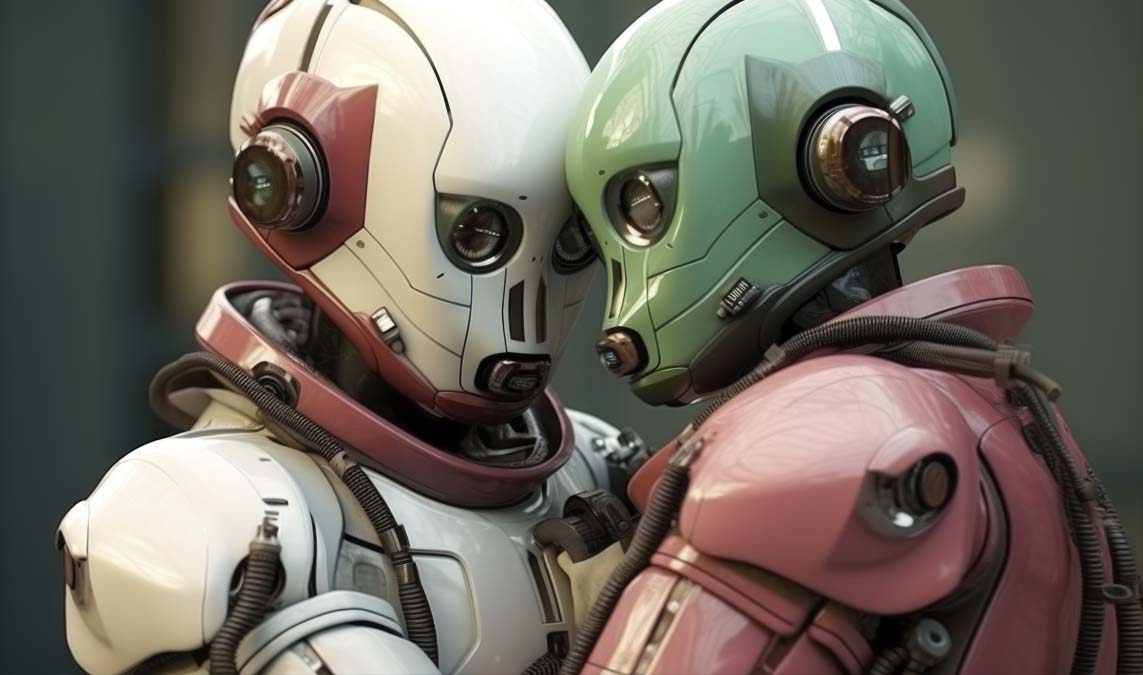
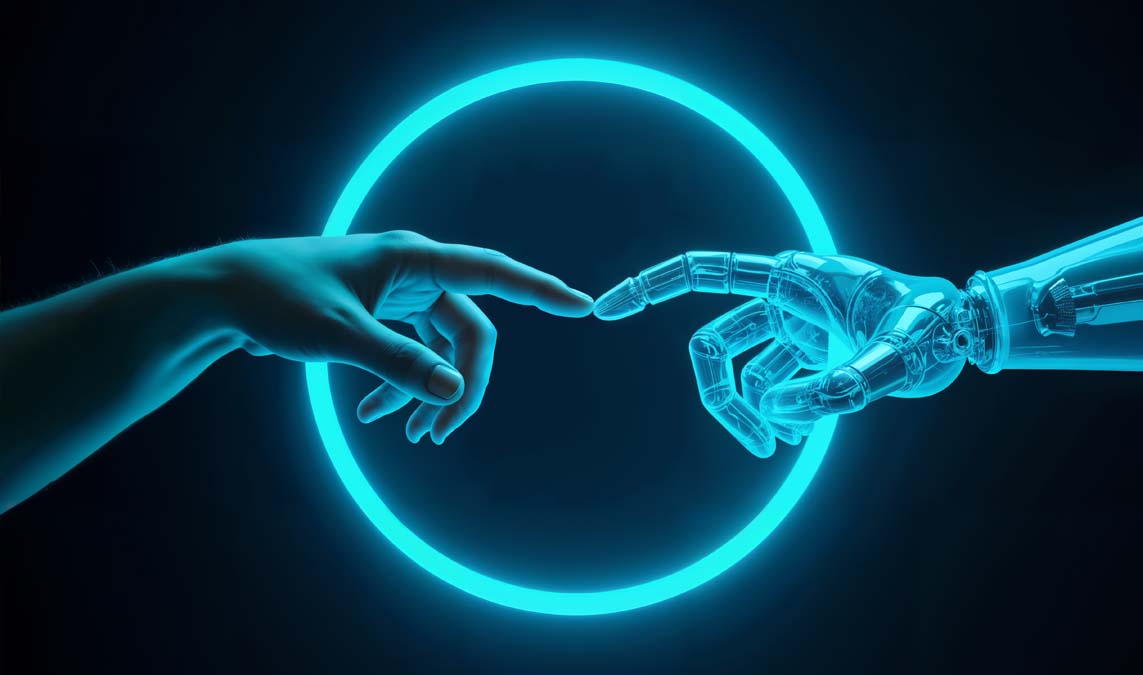
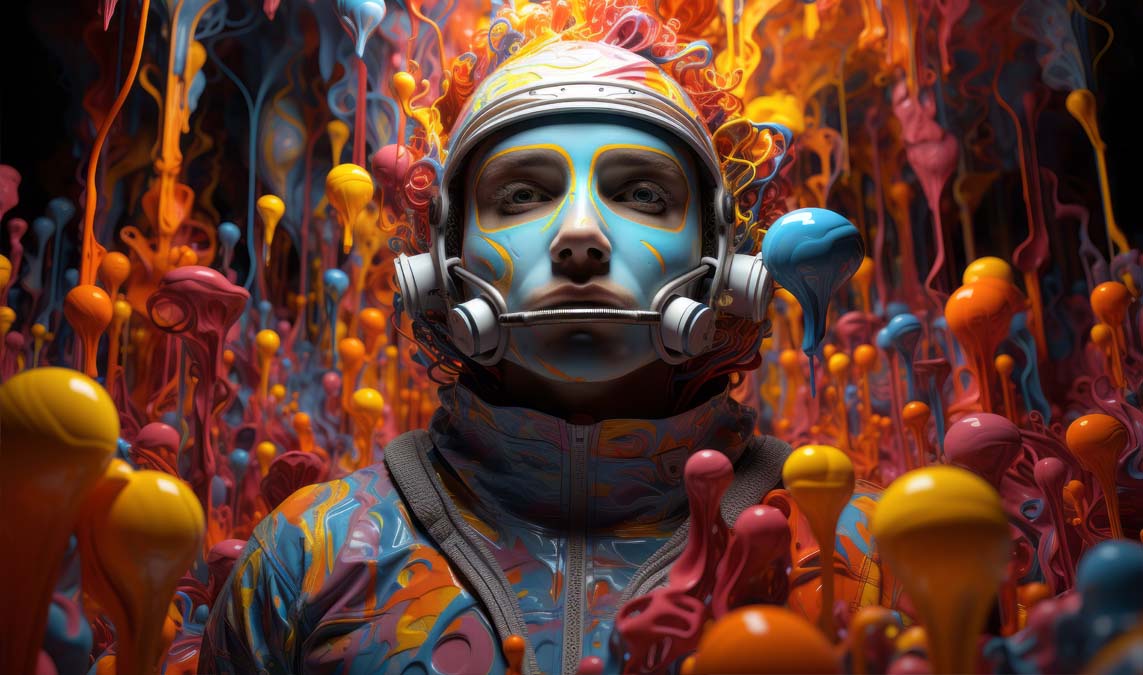
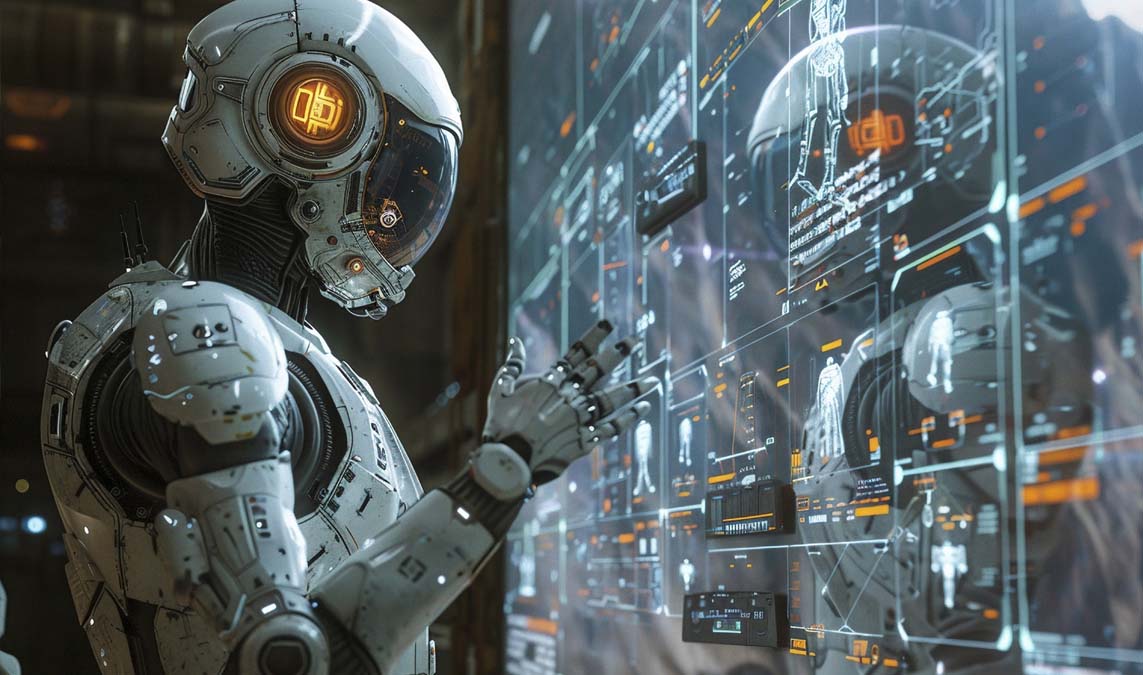
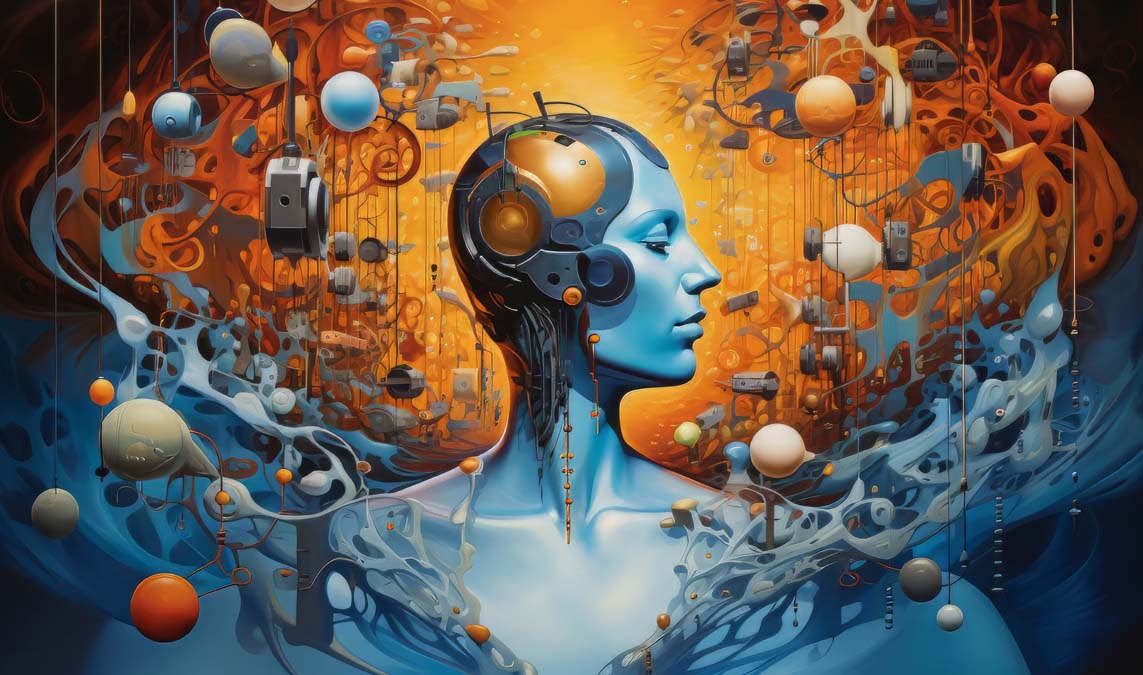
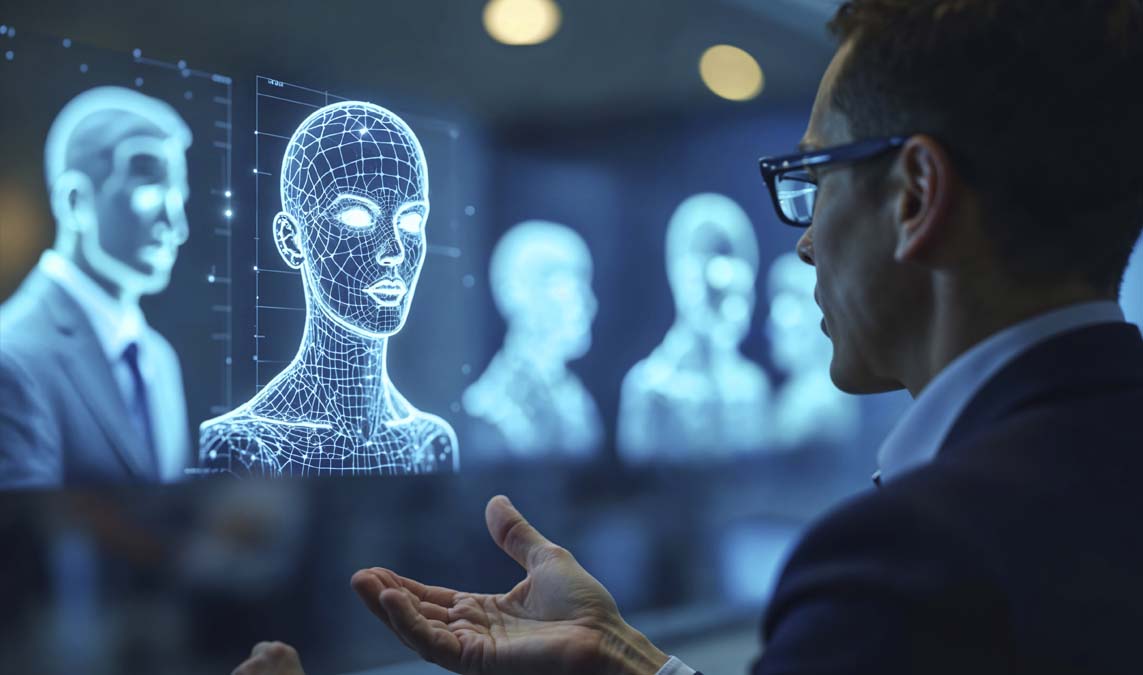
Add Comment